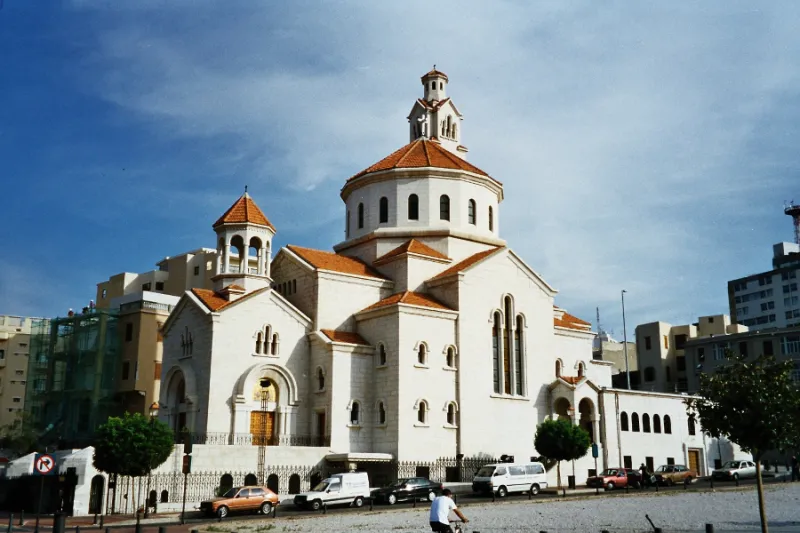
Beirut, Lebanon, May 26, 2021 / 17:00 pm (CNA).
Catholicos-Patriarch Gregory Peter XX Gabroyan, leader of the Armenian Catholic Church, died on Tuesday at the age of 86.
He died May 25 in the Lebanese capital, Beirut, the seat of the Armenian Catholic Patriarchate of Cilicia.
Among those paying tribute to the leader who had guided the Armenian Catholic Church since 2015 was Cardinal Leonardo Sandri, prefect of the Vatican Congregation for the Oriental Churches.
Rest in Peace beloved Beatitude Gregory XX Ghabroyan, Patriarch of Cilicia of the Armenians pic.twitter.com/7TdQrQyB2G
— Leonardo Card.Sandri (@CardinalSandri) May 25, 2021
Armenia’s President Armen Sarkissian praised the Catholicos-Patriarch’s efforts to strengthen Armenian identity.
“This is an extremely great loss for Armenian and all Armenians around the world because the Armenian people lost a loyal servant of the Armenian Catholic Church, a prominent and patriotic son of the nation who served the Church and the people with great dedication, endless vigor and faith,” he said.
“The Catholicos-Patriarch made significant efforts for preservation of the Armenian identity and the development of the comprehensive relations between Armenia and the Diaspora. His contributions to the deepening and expansion of inter-church relations are also invaluable.”
The Armenian Catholic Church is one of 23 autonomous Eastern Catholic Churches in full communion with the pope. It is the fifth-largest, with around 750,000 members based in Armenia and around the world.
The Catholicos-Patriarch was born in Aleppo, Syria, on Nov. 15, 1934, the sixth of 12 children. His parents had fled to Aleppo from Turkey, the site of the Armenian genocide in 1915–1917. The family settled in Lebanon in 1938.
Discerning a call to the priesthood, he studied at the Pontifical Gregorian University in Rome, while staying at the Pontifical Armenian College.
He was ordained on March 28, 1959, as a priest of the Patriarchal Congregation of Bzommar, an Armenian Catholic religious congregation of priests founded in 1750.
He was appointed Apostolic Exarch of France in 1977, then Bishop of the Eparchy of Sainte-Croix-de-Paris in 1986, retiring from the post in 2013, at the age of 78.
He was elected Patriarch of Cilicia on July 24, 2015, and confirmed in the post a day later by Pope Francis.
His funeral Mass will be held on May 29 at the Cathedral of St. Elias and St. Gregory the Illuminator in Beirut.
His successor must be chosen within 40 days, according to Asia News, the press agency of the Pontifical Institute for Foreign Missions.
If you value the news and views Catholic World Report provides, please consider donating to support our efforts. Your contribution will help us continue to make CWR available to all readers worldwide for free, without a subscription. Thank you for your generosity!
Click here for more information on donating to CWR. Click here to sign up for our newsletter.





Leave a Reply